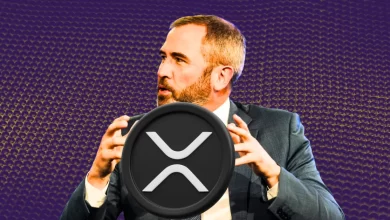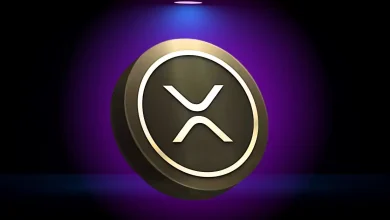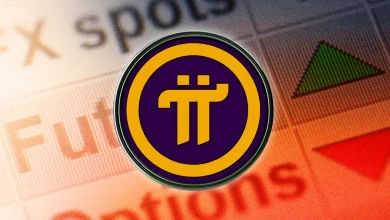The Ripple vs. SEC lawsuit's final phase holds crucial implications for XRP and secondary sales.
Attorney John Deaton advocates for addressing both XRP's nature and secondary sales.
The potential summary judgment date remains uncertain but may be on September 6th.
The Ripple vs. SEC lawsuit has entered its final phase, intensifying industry anticipation as the imminent ruling could have significant consequences. A crucial aspect of the case revolves around the issue of XRP secondary sales, holding paramount importance.
Here’s the latest update on the lawsuit- just in!
Striking Lack of Evidence
The SEC has accused Ripple of offering XRP as an unregistered security, asserting that XRP itself should be deemed a security. This accusation directly impacts the sales of XRP on the secondary market.
However, the regulatory agency has failed to clearly distinguish between Ripple’s direct sales of XRP and subsequent trading of XRP on the secondary market, creating uncertainty.
Deaton Speaks Out: Judge Torres’ Potential Ruling
Attorney John Deaton, involved in the XRP lawsuit as an Amicus Curiae, holds a different viewpoint compared to other lawyers involved in the case. While some lawyers believe that Judge Torres may not address the nature of XRP or the issue of secondary sales in her decision, Deaton disagrees.
Deaton asserts that to effectively address the issue of secondary sales, Judge Torres must first dismiss the SEC’s theory surrounding XRP. The SEC contends that Ripple engaged in a continuous operation similar to a 24/7 initial coin offering (ICO) spanning a decade, considering every sale of XRP as a security, regardless of the seller or sale circumstances.
Deaton draws parallels to the Telegram Case, suggesting that the district court judge should address both the nature of XRP and the secondary sales issue, following Judge Castel’s approach in that case. Judge Castel delivered separate opinions and orders to tackle each issue individually.
Predicting the Verdict Date
During a live stream, Attorney John Deaton shared his attempts to predict the verdict date by analyzing Judge Torres’ past rulings. He discovered that once the Daubert/expert motions were resolved, Judge Torres issued rulings at varying speeds, ranging from the same day to two, four, or six months.
With the passing of those deadlines, Deaton now predicts a summary judgment will be delivered by Judge Torres on September 6th of this year, following the full six-month period.







